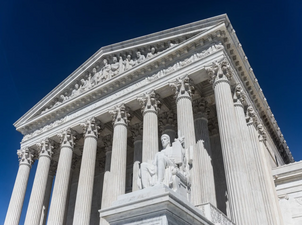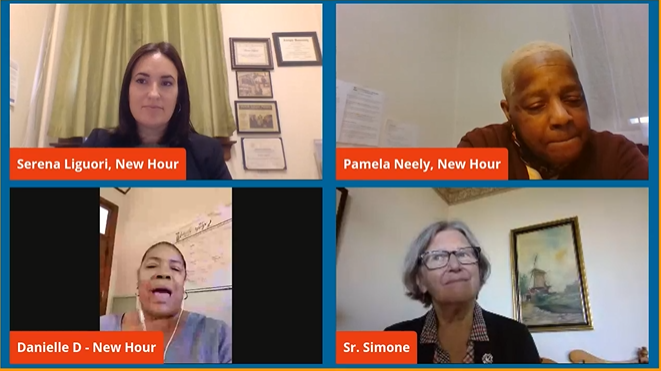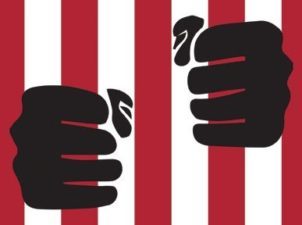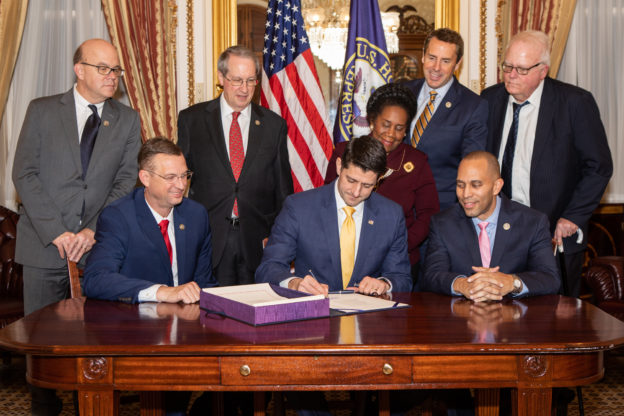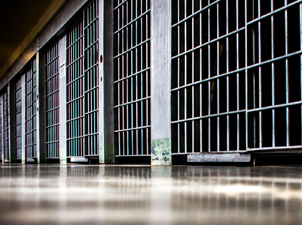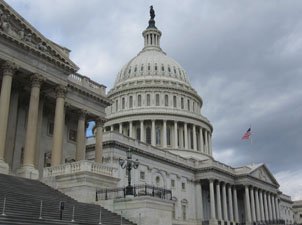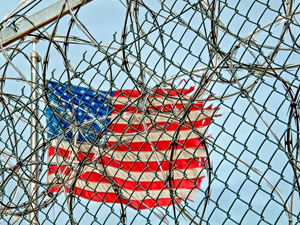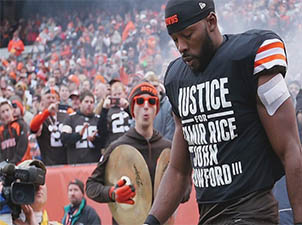
American Rescue Plan Must Protect Incarcerated Populations
Caraline Feairheller
March 4, 2021
Nearly a year later, the COVID-19 pandemic continues to shape the daily lives and policies of everyday people – from social distancing to mask mandates. However, nearly a year later the Congressional response to protecting and ensuring the health of people who are incarcerated has failed to measure up. This moral failure is coupled with the fact the United States incarcerates more people than any other country in the world and disproportionately incarcerates people of color.
From the onset of the pandemic, it was clear that the enclosed nature and overcrowding of jails, prisons, and detention centers would make social distancing impossible. The failure to adequately address these challenges has resulted in 1 out of every 5 people in prison being infected the loss of and the loss of thousands of lives. While incarcerated, many inmates face barriers to access health services such as expensive medical co-pays especially considering how incarcerated people typically earn 14 to 63 cents per hour which is equivalent to charging a free-world worker $200 or $500 for a medical visit.
The moral failing to protect the health of those incarcerated extends beyond the walls of the prison as upon release returning citizens face intersecting obstacles of low wages, lack of affordable housing, and barriers to government sponsored safety net programs. These harmful barriers to eligibility to exacerbate the hardships of families at a time where an unprecedented number of people are experiencing food insecurity and unemployment.
Our country’s addiction to mass incarceration has jeopardized the health of millions of people. In order to Build Anew, Congress must reintroduce and pass the COVID-19 Corrections Facility Emergency Response Act in order to cover costs of testing, treatment, and provide community support services. , Congress must eliminate health care costs for those who remain incarcerated. Finally, Congress must remove barriers of eligibility to government safety net programs and increase the benefits provided by those programs to better meet the needs of families.
Download the full list of NETWORK asks in the next COVID-19 relief package.
Don’t miss your chance to advocate for the American Rescue Plan with NETWORK. Text “JUSTICE” to 877-877 to sign up for NETWORK’s text alerts.







